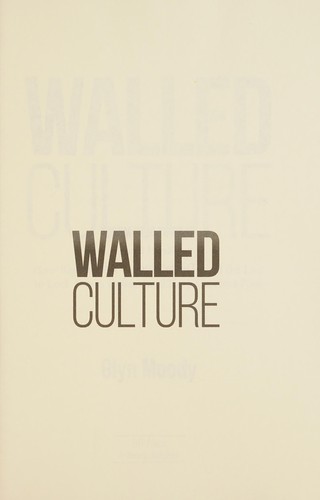Anders reviewed Walled culture by Glyn Moody
A well written critique of publishing.
4 stars
Bought this book in epub format directly from the author when I came across a post on Mastodon and have been reading it whenever I have been sitting around waiting.
The book provides a good overview of the problems the digital world faces from copyright, old business models and reluctance to change. The publishing industry with it's lobbying is heavily criticized. It also provides viable alternatives for content creators to thrive in the digital world.


